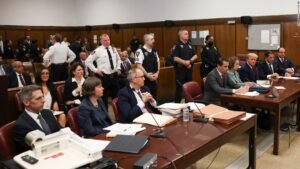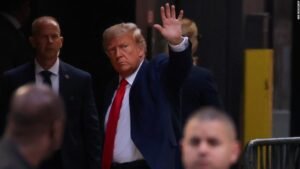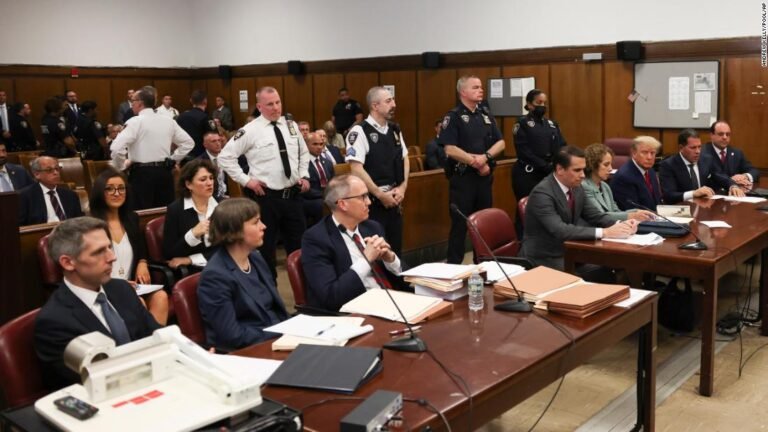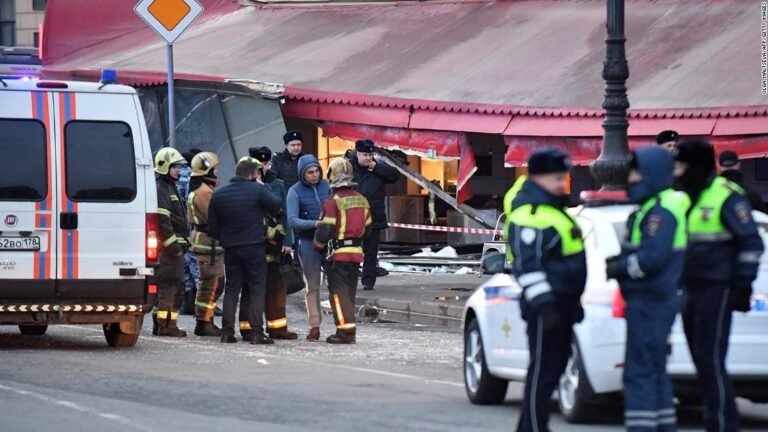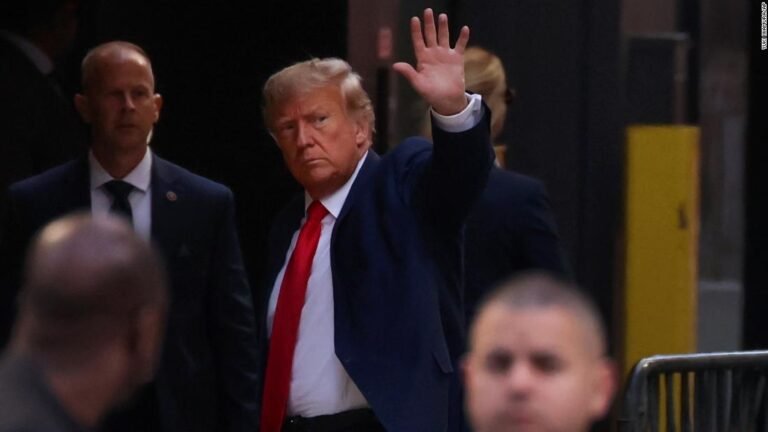President Trump’s National Guard Move in LA: Is This Even Legal?
Let’s talk about what’s happening in Los Angeles. Recently, there were big protests about immigration. In response, President Trump said he would send the National Guard to the city to handle the situation.
It sounds strong. It sounds presidential. But here’s the multi-billion dollar question: Was it even legal?
A lot of legal experts are scratching their heads, and not just because of bad haircuts (though some of those are legally questionable, too). They’re worried this move might be a major overstep of presidential power.
Who’s the Boss of the National Guard?
This is the key part. People often think the President has his own personal army. He doesn’t. It’s more complicated, like trying to assemble IKEA furniture without the instructions.
Normally, the National Guard reports to the state governor. That’s Governor Gavin Newsom in California. The President can’t just call them up like ordering a pizza with extra pepperoni. There are rules!
The President can only federalize the National Guard for specific reasons, like:
To defend the country from an invasion (No, protesters are not an invading army).
To tackle a major rebellion.
To enforce federal laws if the state is refusing to do so.
The situation in LA, while tense, doesn’t really fit these boxes. It’s like using a flamethrower to light a birthday candle—massive overkill and probably against the fire code.
So, What’s the Big Deal?
The big deal is a little thing called the Posse Comitatus Act. This is a old law with a funny name that is super serious. It basically says the U.S. military can’t be used for law enforcement inside the country. Their job is to look outward, not to police American citizens.
Sending the National Guard to perform domestic police duties against protesters crosses a very bright, very important line. It blurs the role of the military and threatens our civil liberties. It’s the kind of thing you see in movies about other countries, not typically in the USA.
What’s next? The Air Force delivering parking tickets? The Marines running speed traps?
It’s important for everyone in the USA to understand how this works. The military serves the nation, not one person’s political agenda. The laws are there to protect everyone, even when things get messy.
This situation in Los Angeles is a classic American debate: security vs. liberty. But most would agree that both are important, and the rules—no matter how boring—exist for a reason. Let’s hope everyone decides to read the instruction manual before things get even more tangled.

